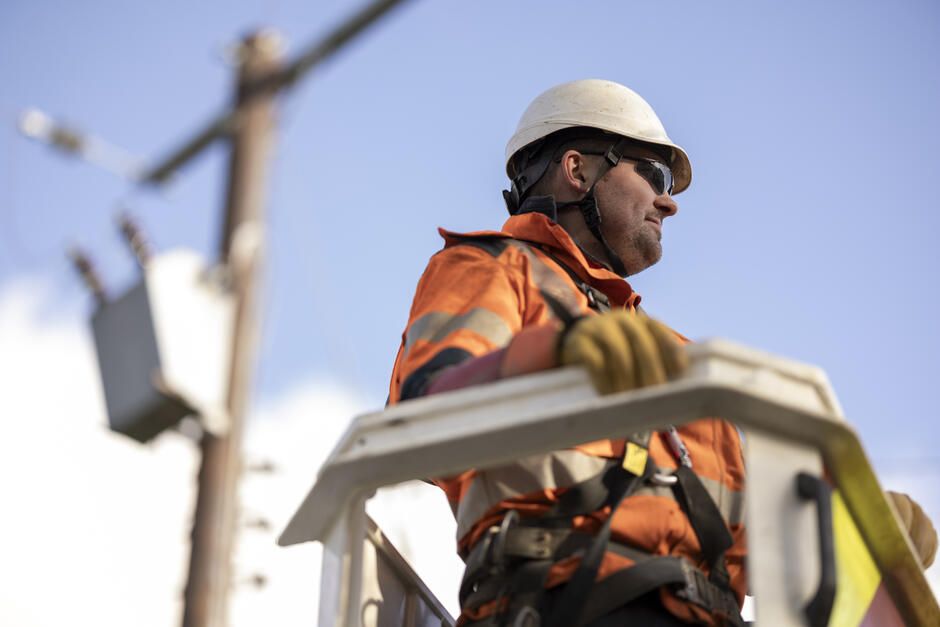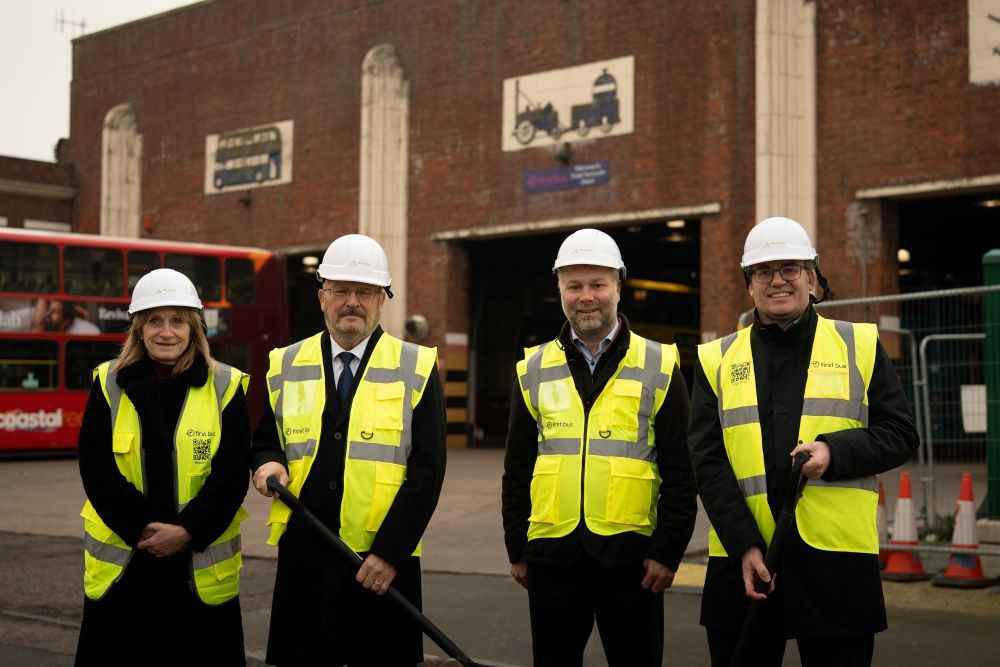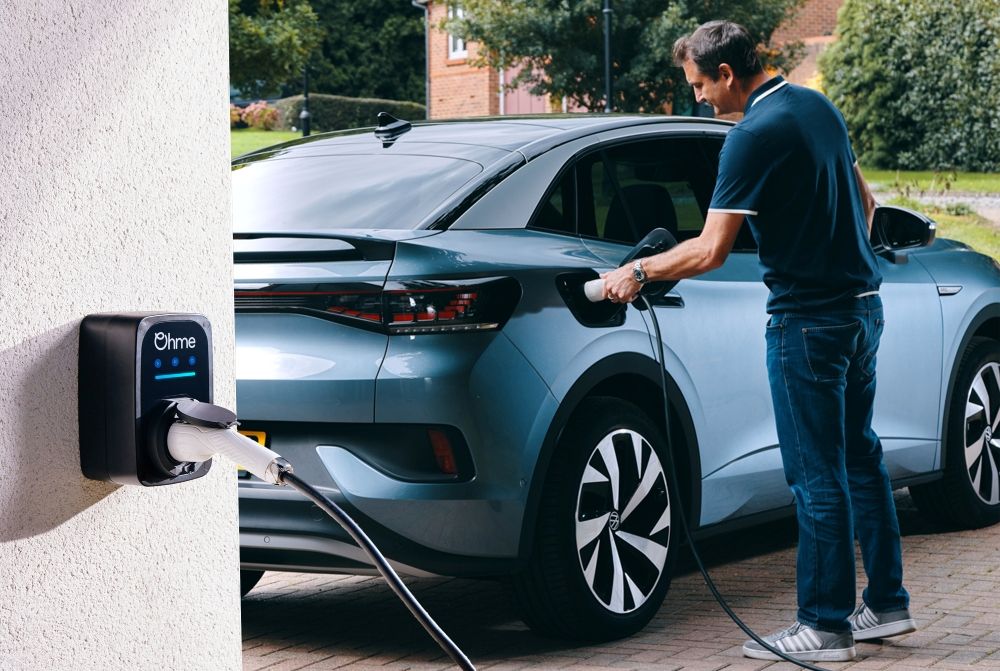NHS Property Services (NHSPS) will transition 800 service vehicles and 130 company cars to electric as part of its Green Plan which outlines steps to be taken to help NHS England achieve its ambition of a net zero carbon NHS by 2040.
NHSPS, which manages more than 10% of the NHS’s estate, will develop an electric vehicle strategy – including establishing where vehicle charging points will go and how the Government-owned company will transition away from fossil fuel-powered vehicles. NHSPS also plans to review its travel strategy to encourage colleagues to choose transport modes with a lower environmental impact.
The publication of its first three-year Green Plan will help the NHS to transform estates to mitigate the impact of climate change and drive the organisation to achieve net zero carbon status by 2040.
Targets include:
· Providing long-term, sustainable models of care. Continuing to deliver a flagship social prescribing programme, transforming vacant and underutilised space on the NHS estate into affordable, or free-of-charge, facilities for community groups.
· Greener travel and transport. Transitioning service vans and company lease cars to ultra-low emission vehicles, as well as develop an electric vehicle strategy, with a vehicle charging point map and plan for fleet transition.
· Decarbonising estates. This includes carrying out decarbonisation feasibility studies for end-of-life gas or oil-fired heating systems, as well as establishing a calculation tool with carbon as the main metric to measure cost savings against, allowing regional teams to access capital finance for energy and environment projects in their regions. This means that many more projects can run simultaneously across the estate than ever before.
As the estates manager of over 3,000 NHS properties, caring for six million patients daily, NHSPS plays a vital role in achieving NHS England’s ambition for a net zero NHS by 2040. Additionally, all four UK health services have recently committed to becoming net zero by 2050 through the COP26 Health Programme, aligning with the Government’s ambition set out in its Build Back Greener strategy.
This Green Plan is part of NHSPS’ wider ‘Delivering a Greener NHS’ programme’, in support of NHS England’s Greener NHS campaign – and developing efficient, sustainable buildings that are fit for the future is a critical part of NHSPS’ strategy. NHSPS will be opening its new Devizes Health Centre in Wiltshire to patients this summer. The centre will be leading the field in sustainable design as one of the first ‘Net Zero’ health facilities across England. It will utilise green technology, such as heat pumps and solar panels to generate electricity and heat to serve the building, therefore reducing reliance on fossil fuels.
Since 2019, NHSPS has already made strides in reducing its environmental footprint. It has decreased carbon footprint by 30% and saved the NHS £23 million in associated costs – money that is reinvested back into the NHS. The organisation has also, amongst other activities, shifted to 100% renewable electricity and established a strategy to minimise waste to landfill, with more than 99% now being diverted from landfill.
Cameron Hawkins, Head of Energy and Environment for NHSPS, said: “The relationship between our health and our environment are inherently linked. It is vital that sustainability values are embedded in everything the NHS does, so that together we can improve the health and wellbeing of the communities we serve.
“We have already made tremendous progress in decarbonising the NHS Estate, and this bold, ambitious Green Plan will build on those successes and take our Greener NHS ambition to the next level. As owners of a large part of the NHS estate, we are in the unique position where we can make a substantial contribution to NHS England’s 2040 net zero targets.”
To view the NHSPS Green Plan, please click here
Image courtesy of Shutterstock.











